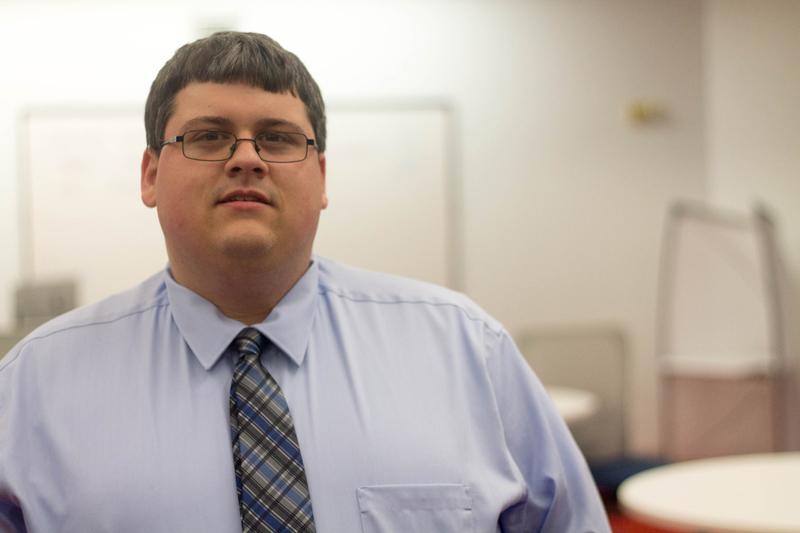
When Charles Minshew began his internship at The Denver Post last summer, he never expected to report on a tragedy like the Aurora theater shooting, let alone win a Pulitzer Prize for his contribution.
“I’m overwhelmed by the things I’ve heard from people about the Pulitzer,” said Charles Minshew, a master’s student in the School of Journalism. “I have to tell them it’s not just me. I was only one small piece of a huge team. The whole newsroom deserves all the credit.”
On July 20, 2012, 12 people were killed and at least 58 others were injured after a gunman walked into Theater 9 at the Century Aurora 16 Theaters and began firing during a midnight screening of “The Dark Knight Rises.” The Denver Post broke the news.
“It’s a time when readers are voracious for information — accurate information,” said Kevin Dale, News Director at The Denver Post. “We deployed our resources to gather that information and deliver it in a way that would let the community know exactly what was happening.”
Minshew was at home in bed when he heard the news on the radio. He got out of bed, got ready and went straight to the newsroom.
Even though it was 6 a.m., The Denver Post newsroom was bustling at a speed normally reserved for 3 p.m., Minshew said. Every desk was busy, even the sports desk. Minshew recalled little confusion in the newsroom. He remembers a diligent reporting team that had their heads firmly on their shoulders.
“As an intern, he jumped right in, volunteering to come in early and helping with the enormous effort to deliver our content,” Dale said. “More importantly, he teamed with a member of the staff and they built an interactive timeline that made it simple to follow the fire hose of developments. I think that was live before noon on the first day and it still lives today.”
Multimedia was essential to providing context to the written word, said Minshew.
The (http://www.denverpost.com/breakingnews/ci_21119904) was used to keep all of the coverage in the same place, Minshew said. As more content came in, the team looked for ways to boost coverage using the timeline, and Minshew helped develop a map to show changing patient totals at local hospitals. The team also utilized Twitter to find those who had been in the theater. Editors then dispatched reporters to interview the witnesses.
“From day one of his internship, Charles stood out as an outstanding contributor,” said Rebecca Risch, digital director at The Denver Post. “I’ve supervised many interns in my 14 years at The Denver Post, but Charles was immediately different. He was fearless and ingratiated himself throughout this newsroom. We treated him as an equal as a member of our digital team, helping with strategy and production of breaking news. He came up with several clever tools that really helped with storytelling.”
This implementation of digital coverage, with video, photo and writing, won The Denver Post the Pulitzer for breaking news reporting. The Pulitzer is awarded for a distinguished example of local reporting of breaking news that, as quickly as possible, captures events accurately as they occur, and, as time passes, illuminates, provides context and expands upon the initial coverage, according to the prize description.
Monday’s Pulitzer announcement specifically cited the use of “journalistic tools, from Twitter and Facebook to video and written reports, both to capture a breaking story and provide context” as well as Minshew’s timeline.
Risch calls the win bittersweet, citing the unfortunate way the team has become good at telling stories of this type.
“It’s a story we wish we never had to tell,” Minshew said. “We wish July 20 had been just another day, but we owed it to Aurora, we owed it to Denver, we owed it to the country to make sure that we were doing the best job that we did. That‘s what we did on July 20, and they’re still doing it now.”